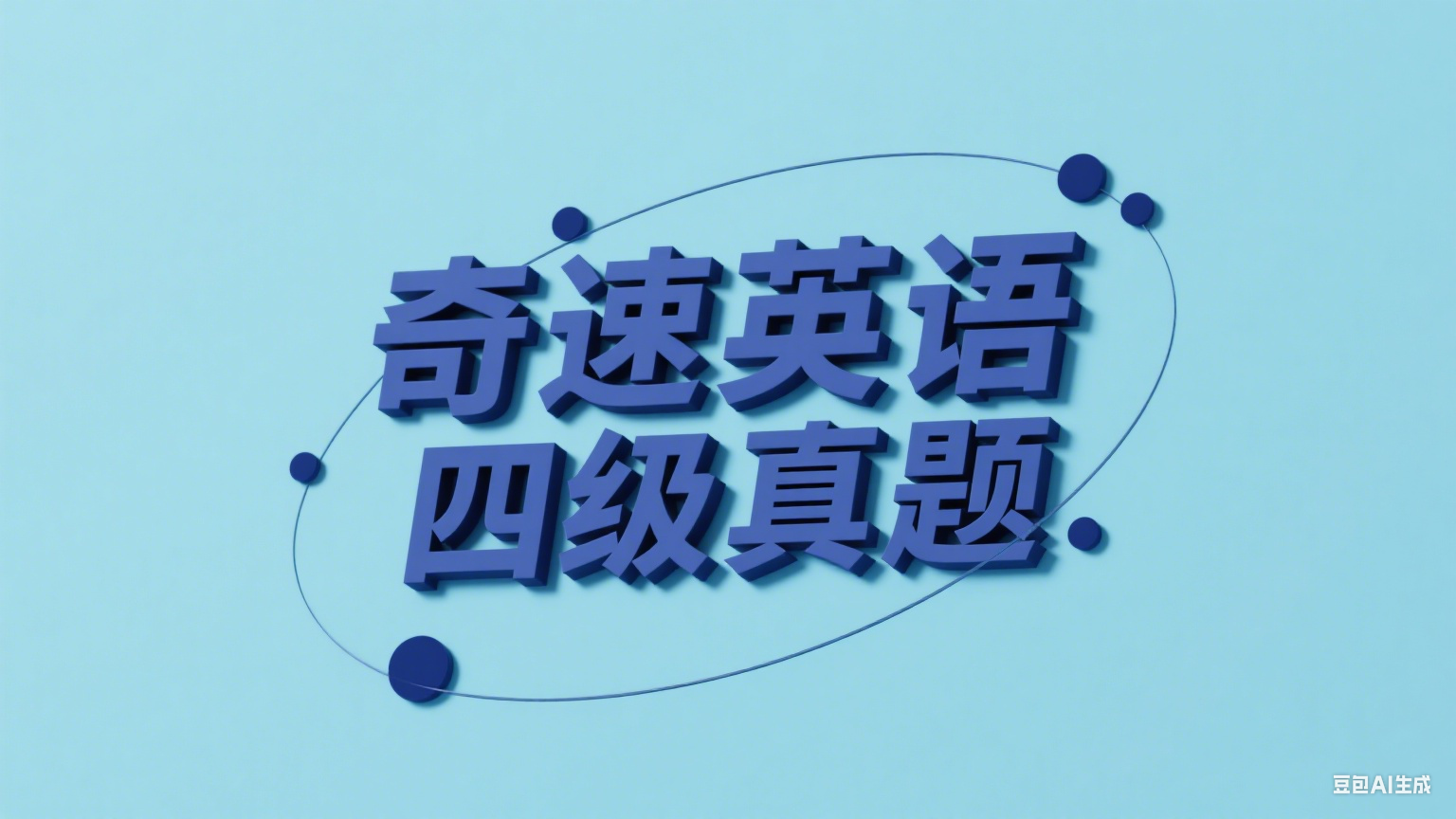
① Today, most scientific research is funded by government grants, companies doing research and development, and non-profit foundations. As a society, we reap the rewards from this science, but we also help pay for it. You indirectly support science through taxes you pay, products and services you purchase, and donations you make.
② Funding for science has changed with the times. Historically, science has been largely supported through private patronage (资助), church sponsorship, or simply paying for the research yourself. Today, researchers are likely to be funded by a mix of grants from various government agencies, institutions, and foundations. Other research is funded by private companies. Such corporate sponsorship is widespread in some fields. Almost 75% of U.S. clinical trials in medicine are paid for by private companies. And, of course, some researchers today still fund small-scale studies out of their own pockets. Most of us can’t afford to do nuclear research as a private hobby, but birdwatchers, rock collectors, and others can do real research on a limited budget.
③ In a perfect world, money wouldn’t matter — all scientific studies would be completely objective. But in the real world, funding may introduce biases. Drug research sponsored by the pharmaceutical ( 制 药 的 ) industry is more likely to end up favoring the drug under consideration than studies sponsored by government grants or charitable organizations. Similarly, nutrition research sponsored by the food industry is more likely to end up favoring the food under consideration than independently funded research.
1.1. What does the passage mainly discuss regarding scientific research?
A Its foundation.
B Its rewards.
C Its prospect.
D Its funding.
解析:选D。D 主旨大意题。题干问文章主要讨论了科学研究的什么,属于主旨题,最保险的做法是通读文章后再解答此题。不过,本文开篇就指出了文章的主题。第一段第一句指出,如今,大多数科学研究都是由政府拨款、研发公司以及非营利性基金会资助的。再通读下文可知,整篇文章围绕科学研究的资金以及由此可能产生的偏见问题展开论述,故选项D正确。其他三个选项都不是文章主要讨论的内容,故排除。
2.2. What do we learn from the passage about researchers like birdwatchers and rock collectors?
A They have little access to government funding.
B They can do research with limited resources.
C They can do amateur work in their own fields.
D They have no means for large-scale research.
解析:选B。B 细节理解题。根据题干关键词birdwatchers and rock collectors可以将答案定位到第二段最后一句。第二段最后一句指出,鸟类观察者、岩石收藏者和其他人可以在有限的预算下进行真正的研究。这与选项B表达的意思一致,选项中的do research with limited resources与原文中的do real research on a limited budget属于同义替换,有限的资源指的就是有限的预算或资金,故选项B正确。选项A和C原文没有提及,可以排除。选项D属于混淆概念,原文说,一些研究人员仍然自掏腰包来资助一些小规模的研究,鸟类观察者和岩石收藏者可以在有限的预算下进行真正的研究,并没有说,鸟类观察者和岩石收藏者无法进行大规模的研究,故排除。
3.3. What would scientific studies look like in a perfect world according to the author?
A They would be totally unbiased.
B They would be independently funded.
C They would be responsibly conducted.
D They would be strictly supervised.
解析:选A。A 细节理解题。根据题干关键词 scientific studies和a perfect world 可以将答案定位到第三段第一句。第三段第一句指出,在一个完美的世界里,金钱并不会成为问题--所有的科学研究都是完全客观的。换句话说,在完美的世界里,科学研究是完全公正的,故选项A正确。其他三个选项原文都没有提及,均可以排除。
4.4. What does the author say about companies and special interest groups?
A They try hard to pull down the safeguards for research.
B They make extra efforts to research their own products.
C They provide valuable resources for scientific research.
D They reap the most benefits from scientific research.
解析:选C。C 推理判断题。根据题干关键词companies and special interest groups可以将答案定位到最后一段第二至四句。最后一段第二句提问:我们应该忽视任何由公司或特殊利益团体资助的研究吗?第三、四句给出回答:当然不是。这些团体为科学研究提供了极为宝贵的资金。由此可知,公司和特殊利益团体为科学研究提供了宝贵的资金,资金也就是资源,故选项C正确。其余三个选项原文都没有提及,均可以排除。
5.5. What does the author think of research funded by industry or special interest groups?
A Its recommendations should be examined for feasibility.
B Its misleading results should be corrected in time.
C Its validity should be checked with additional care.
D Its hidden biases should be identified independently.
解析:选C。C 推理判断题。根据题干关键词research funded by industry or special interest groups可以将答案定位到最后一段。在最后一段作者指出,我们不能忽视由公司或特殊利益团体资助的研究,因为它们为科学研究提供了极为宝贵的资金。倒数第四句指出可以采取的措施,要特别谨慎地审查由行业或特殊利益团体资助的研究,这是值得的。由此可知,选项C正确。选项A和D原文都没有提及,可以排除。选项B与原文不符,原文虽然提到了随着科学的进步,误导性的结果最终将会被纠正,但是这是行业的客观现实,而非作者对于由行业或特殊利益团体资助的研究的看法,故排除。